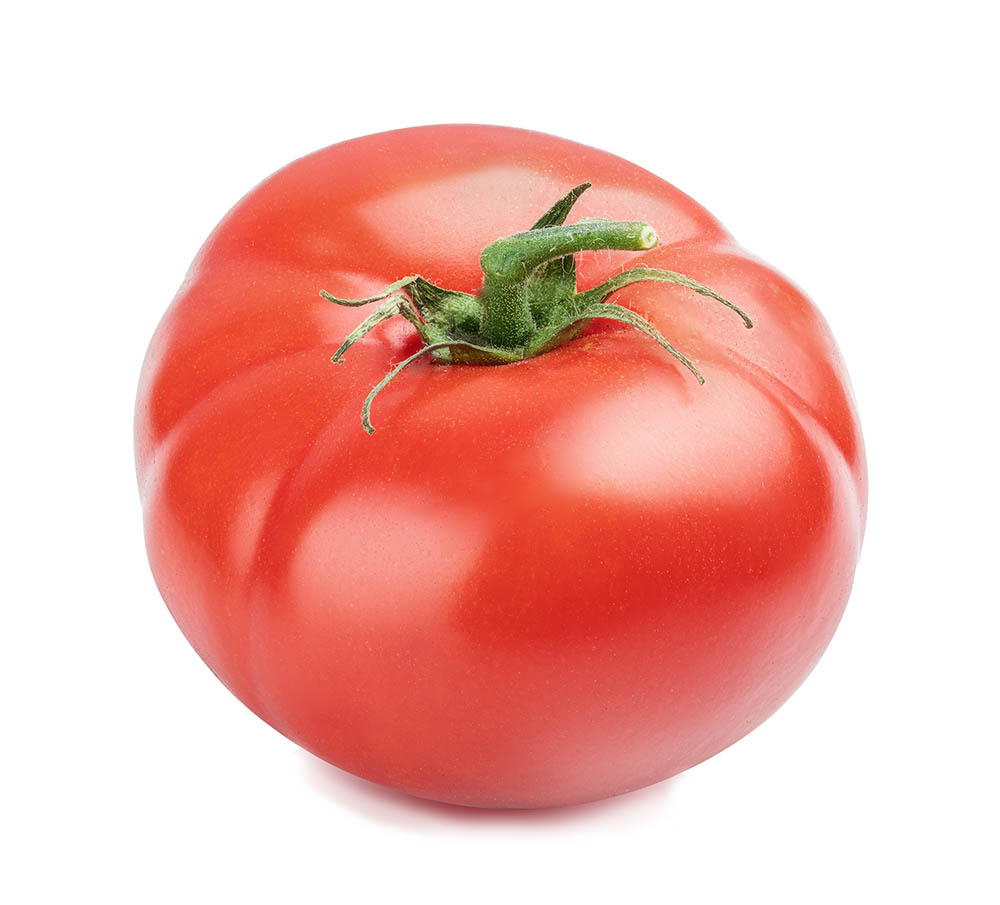
It’s Time to Compete -Fairly
By Robert Guenther
The termination of the U.S.–Mexico Tomato Suspension Agreement isn’t just the end of a flawed trade deal. It’s a turning point for American tomato growers and, more broadly, for how this country chooses to defend its agricultural backbone in a global economy.
For nearly 30 years, domestic producers operated under suspension agreements that were supposed to stop the dumping of below-cost Mexican tomatoes into our markets. They didn’t. Instead, they became loophole-ridden Band-Aids that ignored repeated violations, eroded U.S. market share from over 80% to under 30%, and decimated family farms from Florida to California. Entire communities lost not only economic stability but a way of life — a generational legacy of growing fresh, high-quality tomatoes on American soil.

This decision by the Department of Commerce wasn’t impulsive or political. It followed a 10-month investigation that confirmed what growers have experienced for years: Mexico’s tomato exporters violated U.S. trade laws. Period. This is not about flavor, variety or prices. It’s about upholding the rule of law and ending a trade practice that has been illegal and unsustainable.
United Effort
Support for termination wasn’t isolated. It came from 60 members of Congress, Farm Bureaus in 10 states and grower associations across the country. Their message was clear: The status quo wasn’t working. American growers aren’t anti-trade — they’re anti-dumping. That’s a distinction worth repeating. They believe in trade built on fairness, transparency and reciprocity. But trade that ignores its own rules becomes an economic weapon, not a partnership.
This fight, once viewed as Florida’s problem, has now become a national cause. Growers from Georgia to California and Michigan to Tennessee are standing shoulder to shoulder. They’ve stopped viewing each other as competitors and started acting as collaborators — united in the pursuit of a level playing field and a sustainable future.
Ending the failed agreement gives U.S. growers the chance to rebuild. It opens the door to reinvesting in farms, expanding capacity, adopting more resilient and sustainable practices, and strengthening supply chains that serve both regional and national markets. It also sends a message to the rest of the specialty crop industry: If we stand together and fight with facts, fairness can win.
Enforcement Essential
But let’s be clear. This isn’t the finish line. This is step one. Now comes the hard part: enforcing the law. Duties must be applied, violations pursued, and accountability made routine. Without real enforcement, even the strongest laws mean nothing.
To our peers in agriculture and partners across the supply chain: This is about more than tomatoes. It’s about whether the United States is willing to protect its fruit and vegetable industries from foreign practices that undercut investment, innovation and food security. If we fail to act now, it won’t just be tomato fields left empty. It’ll be citrus, peppers, berries, and more.
A colleague recently said that trade only thrives when rooted in fairness, partnership and mutual respect. For far too long, we’ve lacked all three. It’s time to change that.
We’re grateful to lawmakers for standing firm, and to the bipartisan coalition that refused to let this issue slide into political obscurity. Now we move forward — united, focused and determined to ensure that American-grown tomatoes don’t just survive but thrive for generations to come.
Robert Guenther is executive vice president of the Florida Tomato Exchange.









